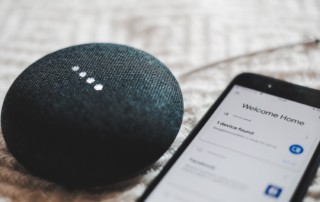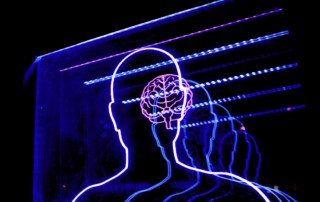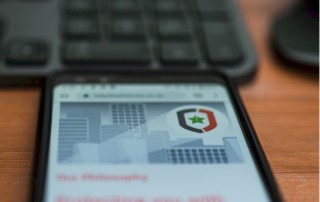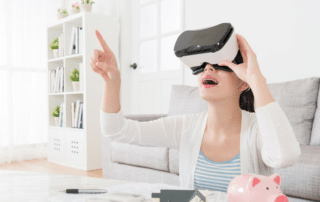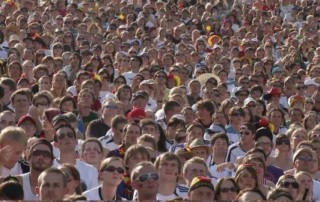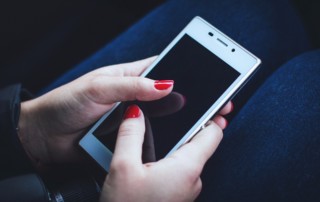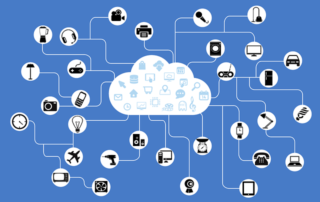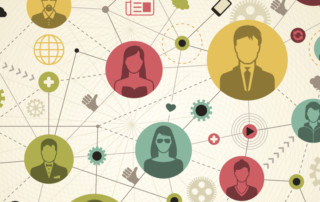The ChatGPT Effect: How Will Our Skillset Evolve in the Age of AI?
In the digital age, technology has made life more convenient but has also led to the outsourcing of essential skills. The rise of ChatGPT, an AI language model, which offers multiple incredible abilities including enhanced writing abilities, raises the concern that it may diminish our ability to express ourselves properly and complete a task all by ourselves. Like the "Google Effect", we risk relying on AI to the point of losing our writing prowess and cognitive skills. To harness the benefits without sacrificing other skills, we must strike a balance between utilizing AI tools and nurturing our own abilities.


